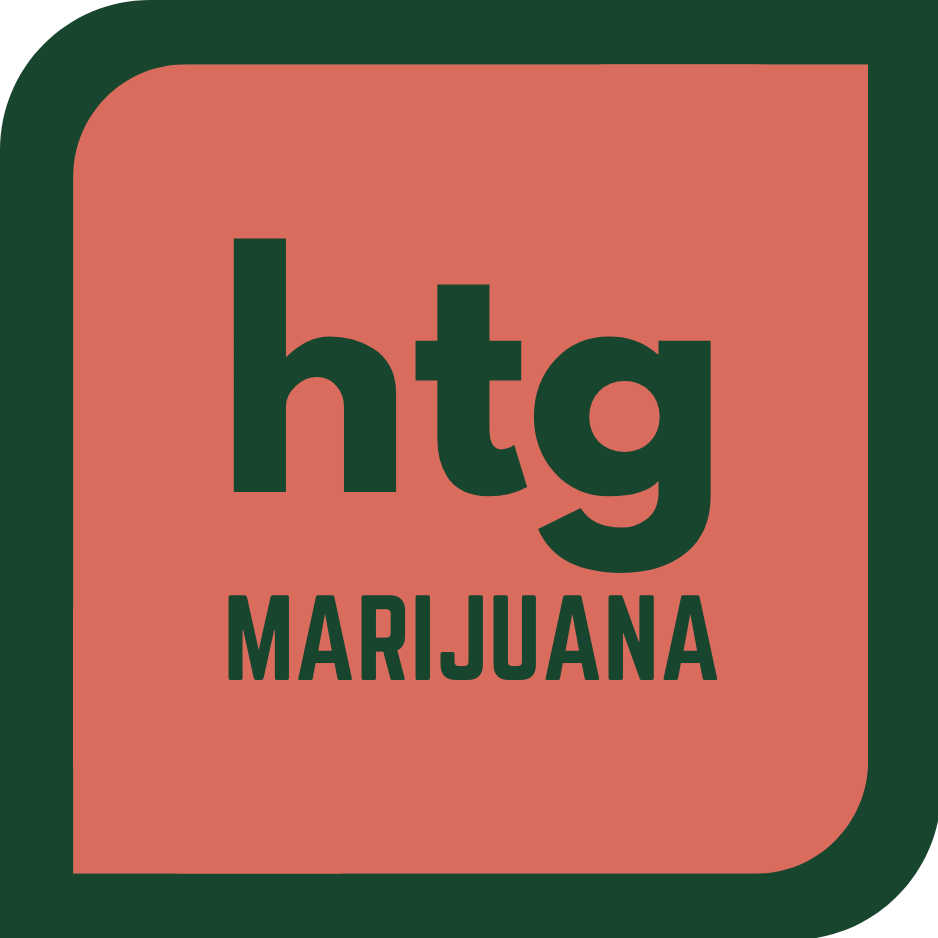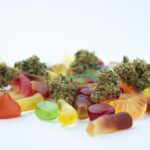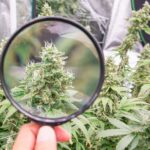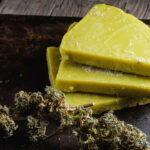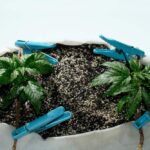The Best Fluffy Pancakes recipe you will fall in love with. Full of tips and tricks to help you make the best pancakes.
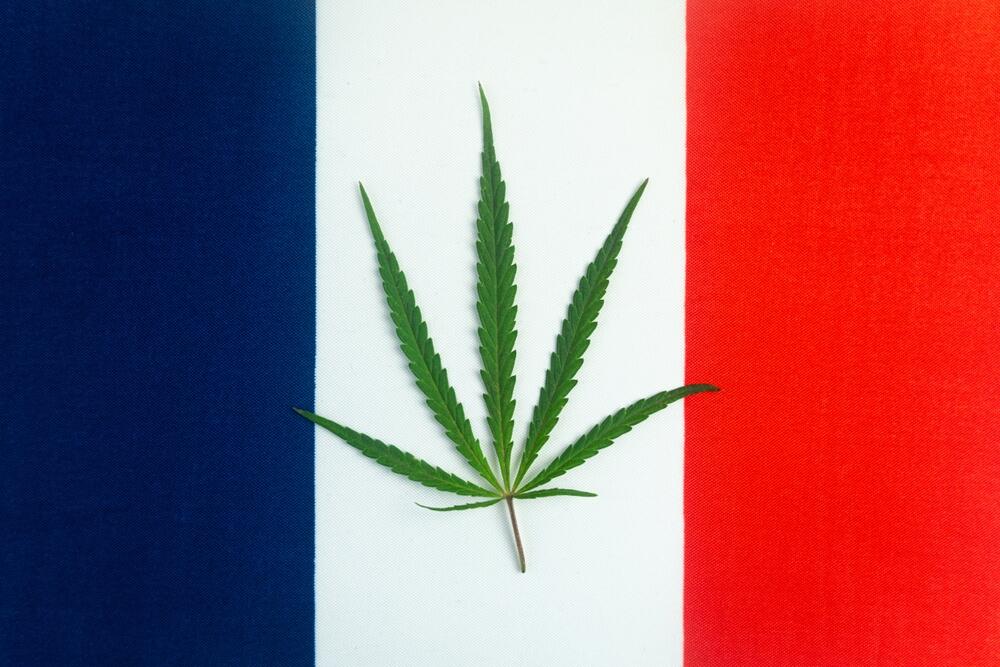
Is Weed Legal in Paris?
You’re heading to Paris (or you live here) and you’re wondering whether you can roll up by the Seine without hassle. I’ll level with you like I would a new grower on their first run: recreational weed is illegal across France, Paris included, while CBD has a legal framework and medical cannabis is in a tightly controlled programme. This article is your field guide. I’ll explain how the laws actually work on the ground, what penalties look like, how CBD shops stay compliant, and what’s changing next. Think of it as me—an old-school breeder—translating statutes and policy into plain grower-speak so you can make smart choices and stay out of trouble.
Legal Status of Cannabis in France (Including Paris)
National Laws Governing Cannabis (Public Health Code, Penal Code)
The clear answer is this: recreational cannabis is illegal in France, so it is illegal in Paris. Under the Public Health Code, cannabis (the plant, its resin, and products that contain it) and THC are classified within the narcotics framework, which means producing, possessing, selling, transporting, cultivating, or using cannabis is prohibited.
In parallel, the Penal Code sections on drug trafficking define heavy penalties for organized supply, import/export, or sale. Put simply, personal “use” is one offence stream; trafficking-type acts are another with far harsher consequences.
What is considered “weed” / definitions: THC vs CBD
In French law and practice, “weed” generally means cannabis with psychoactive THC above trace levels—i.e., products that can get you high. CBD (cannabidiol) is treated differently because it is non-intoxicating; CBD itself is not scheduled as a narcotic. As of current rules, CBD products that meet strict conditions—including a THC threshold at or below 0.3%—are permitted for non-medical sale.
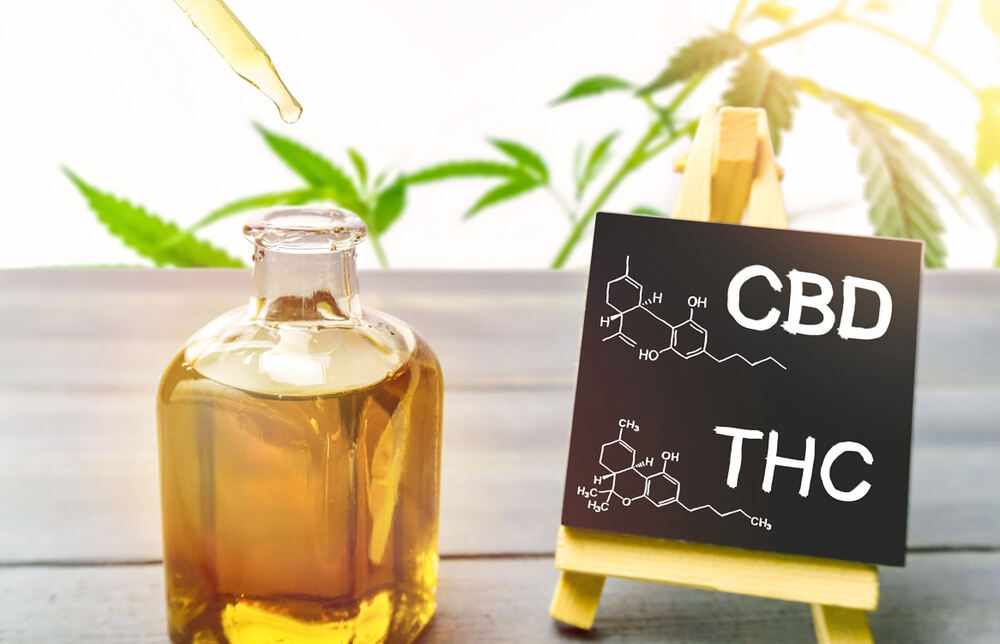
Current Rules on Recreational Use and Possession in Paris
Penalties for Personal Possession or Use (fine amounts, law enforcement practices)
Usage (even private, recreational use) is a criminal offence. Since 2020, police can issue an “amende forfaitaire délictuelle” (AFD)—a fixed on-the-spot fine—for illicit drug use. For cannabis, the face value is €200; it’s generally reduced to €150 if paid promptly and can increase to €450 if paid late. This administrative-style route is meant to streamline minor cases; however, the underlying offence still exists in law, with a statutory maximum of one year in prison and a €3,750 fine on the books.
Important nuance for you as a visitor or resident: the AFD is typically used when you’re caught using or holding a small, user-level amount. Officers rely on discretion and circumstances. Pay attention to the deadlines printed on the notice if you receive one; the amount changes with time and an unpaid fine can escalate the issue.
Cultivation, Sale, and Trafficking: What is illegal / what punishments apply
Cultivating cannabis plants (even “just one” at home), processing, transporting, offering, selling, or otherwise moving THC cannabis along the supply chain is illegal. Trafficking-type offences (offer/cession/transport, etc.) can draw up to 10 years’ imprisonment and multi-million-euro fines; leadership of a trafficking group is punished even more severely. In grower’s shorthand: “one plant is still cultivation.” Don’t do it.
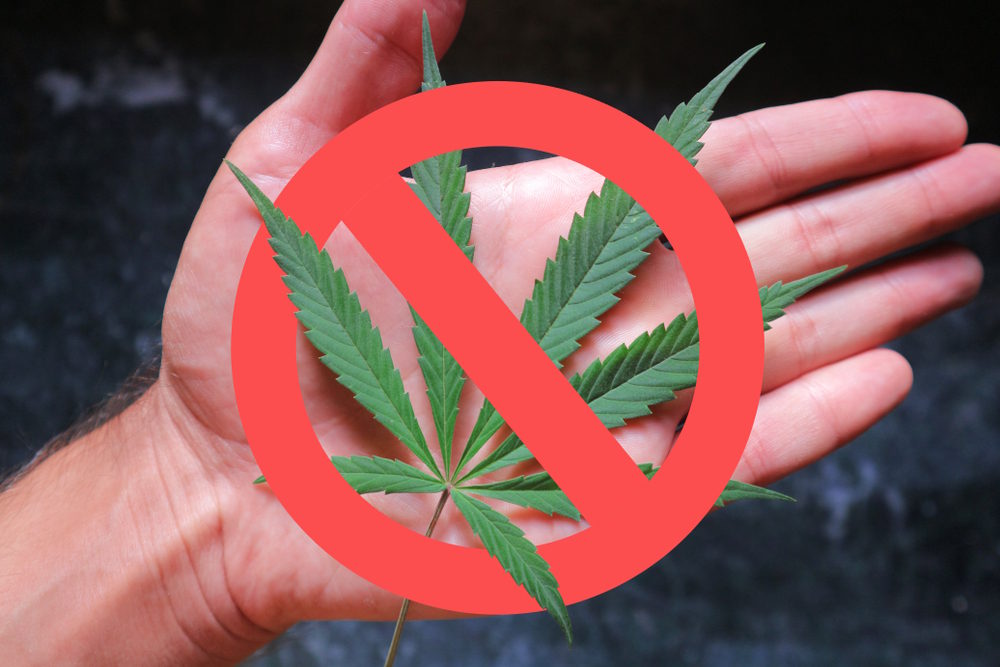
Medical Cannabis and Approved Uses
The Pilot Programme: who qualifies, how it works, what products are allowed
France launched a controlled pilot for medical cannabis on March 26, 2021. It focuses on serious conditions and evaluates the entire pathway: inclusion by trained physicians at reference centres, dispensing by pharmacies, tracked products (oils, capsules, sometimes flower) and structured follow-up. The pilot has been extended; as of March 24, 2025, authorities announced the experimentation will continue through March 31, 2026 to bridge towards a permanent framework.
Regulations for medicinal cannabis: prescriptions, pharmacies, legal framework
During the transition, medical cannabis sits in a special legal box. Parliament created a legal basis for cannabis-based medicines in the Public Health Code, and the Haute Autorité de Santé (HAS) is now evaluating products for potential reimbursement. Access is restricted to defined indications and to last-line use when conventional options fail or are not tolerated. Dispensing happens through designated hospital or community pharmacies trained for this programme.
Laws Around CBD and Hemp Products
Legal THC limits for CBD products (flowers, oils, cosmetics)
Here’s where Paris differs from illicit weed. Non-medical CBD is legal if the finished product stays at or below 0.3% THC and follows product-category rules (e.g., cosmetics law, chemical safety). France’s highest administrative court annulled the 2021 attempt to ban CBD flowers and leaves, confirming that low-THC hemp flower can be marketed.
Where and how CBD is sold; rules for shops and online, labelling requirements
In Paris, you’ll see CBD boutiques selling compliant flowers, resins, oils, e-liquids, and cosmetics. Retailers must avoid medical claims, respect age-appropriate sales practices, and keep documentation proving lawful origin and THC compliance. For foods/supplements, operators face EU “novel food” constraints; cosmetics must follow EU cosmetics rules; vape liquids must comply with chemical and consumer safety requirements. In practice: buy from shops that show lab certificates, batch numbers, and clear THC disclosures.
Enforcement in Practice & Public Reality
How law is applied in Paris (police discretion, fixed fines, the informal market)
On the street, enforcement tends to prioritise public order and trafficking, while also issuing on-the-spot fines for use. Paris police can and do ticket users; customs and national services pursue import routes and large distributions. Reality check: even though France sees significant cannabis consumption, the legal response to simple use commonly channels through the fixed-fine mechanism rather than dragging every user to court.
Risks for Travelers: carrying cannabis, at customs, hotels, public places
Do not bring THC cannabis through Paris airports. French customs routinely seize narcotics, and bringing drugs into France is prohibited. CBD products that meet French rules are a different story, but travellers still need to consider airline policies and destination rules. Hotels and public spaces are not safe harbours: public consumption of THC cannabis risks a fine; possession for “personal use” can still trigger enforcement.
Recent Reforms & Future Changes
Proposed or in-process reforms (medical cannabis generalisation, regulatory decrees submitted, etc.)
The biggest movement is on the medical side. After multiple extensions, authorities are finalising the path from “pilot” to a standing system of cannabis-based medicines, with HAS assessing products for potential reimbursement and decrees expected to nail down procedures. Expect a tightly medicalised model, not a free-for-all.
Public opinion / political debate; comparisons with other European countries
In the broader debate, France has explored options for moving beyond the status quo, with the Economic, Social and Environmental Council (CESE) advocating for a regulated recreational framework in 2023. Meanwhile, OFDT data highlight how prevalent cannabis use remains in France compared with many EU peers, which fuels the policy conversation—but hasn’t changed the current law.
What You Should Know If You’re in Paris (Advice & Practical Tips)
Practical do’s and don’ts (what to avoid, what to check)
Here’s how I’d brief you like a teammate before a grow-ops trip:
• Do buy only CBD products with clear lab reports showing ≤0.3% THC and batch IDs.
• Do keep receipts and packaging if you’re carrying CBD between shops and your accommodation.
• Don’t carry THC cannabis in public; don’t blaze in parks, on bridges, or in front of venues.
• Don’t transport any THC products through airports or borders.
• Do know the AFD timelines if you’re fined (paying promptly reduces the amount).
• Do remember: “I thought CBD was legal” doesn’t help if what you have actually exceeds the THC threshold.
Where to seek legal help or authoritative sources; staying up to date
For the latest, rely on official sources rather than hearsay:
• Service-Public (official portal) — for plain-language summaries of offences and fines.
• Legifrance — for the exact code articles (Public Health Code and Penal Code).
• ANSM & HAS — for medical cannabis programme updates and medicine assessments.
• Ministère de l’Économie (DGCCRF/CEDEF) — for CBD retail rules and product-category guidance.
• Douanes — for border-control realities and customs alerts.
Bookmark these if you’re writing, working in the industry, or just travelling with CBD.
Conclusion
So, is weed legal in Paris? The accurate grower’s answer is: recreational THC cannabis is illegal; personal use can trigger an on-the-spot fine; cultivation and sale land you in far deeper trouble; medical cannabis is being integrated into a formal, prescription-only pathway; and compliant CBD (≤0.3% THC) is legal to buy and sell within strict product rules. If you want a relaxed trip or daily life in Paris, treat “THC cannabis in public” as a no-go, and treat “CBD only with documents” as the smart move. That’s how I run it when I’m here: I respect the local law like I respect a plant’s genetics—know the parameters, and you’ll have a smooth grow… and a smooth stay.
